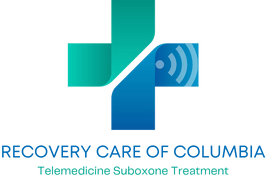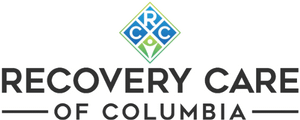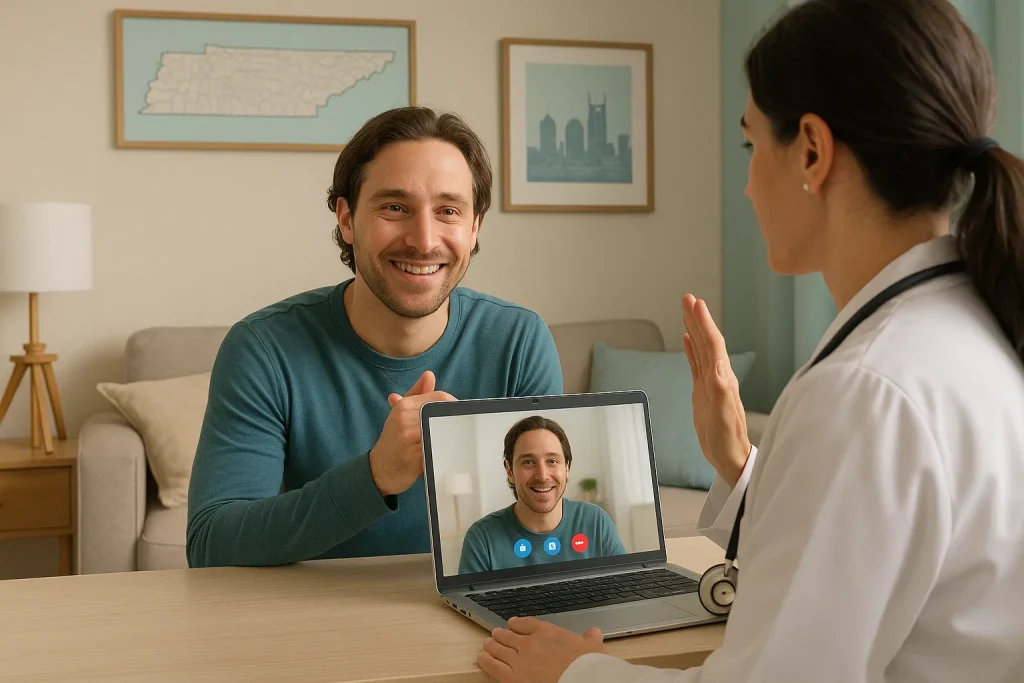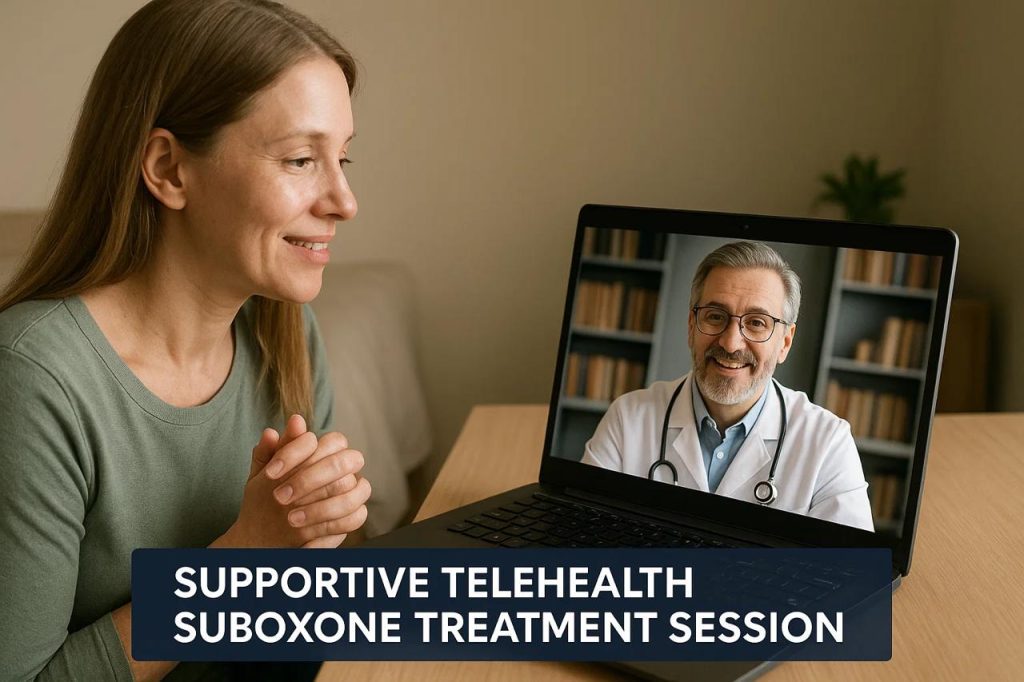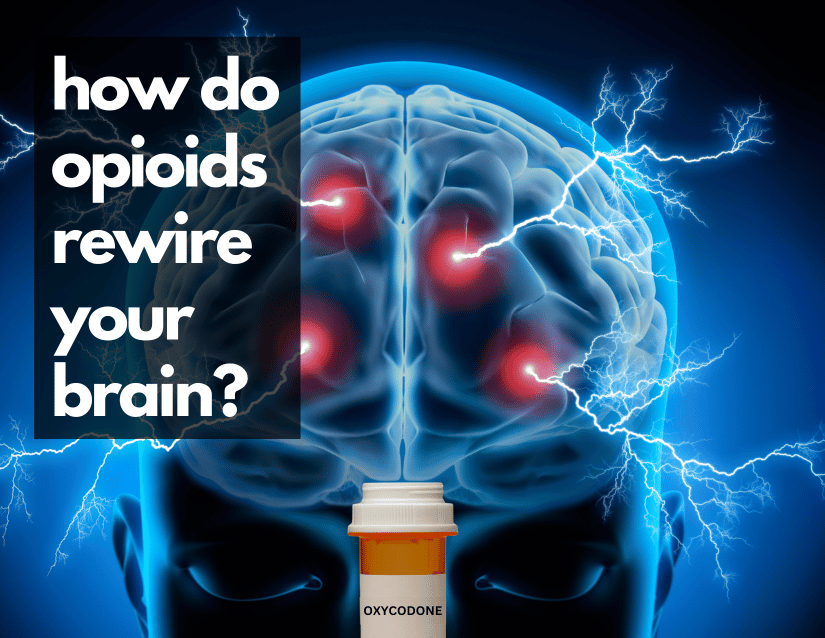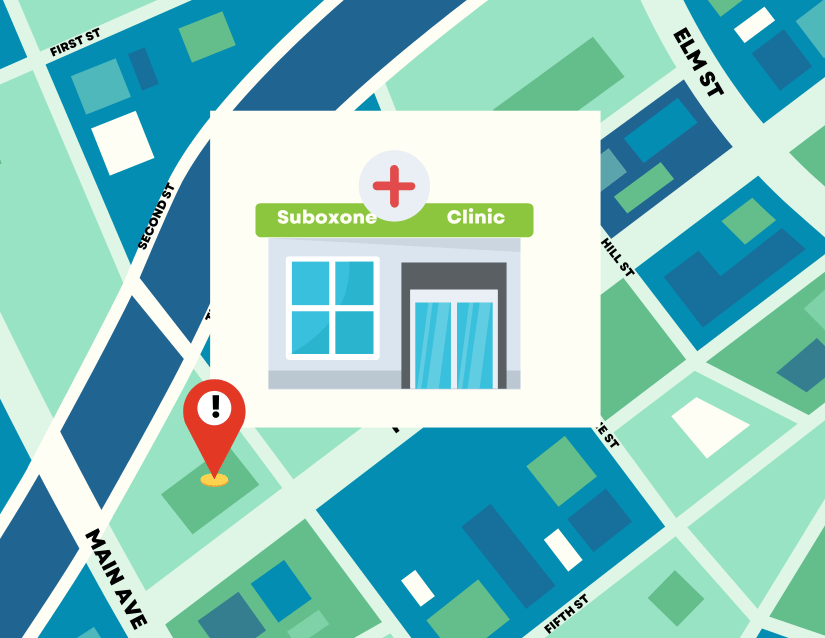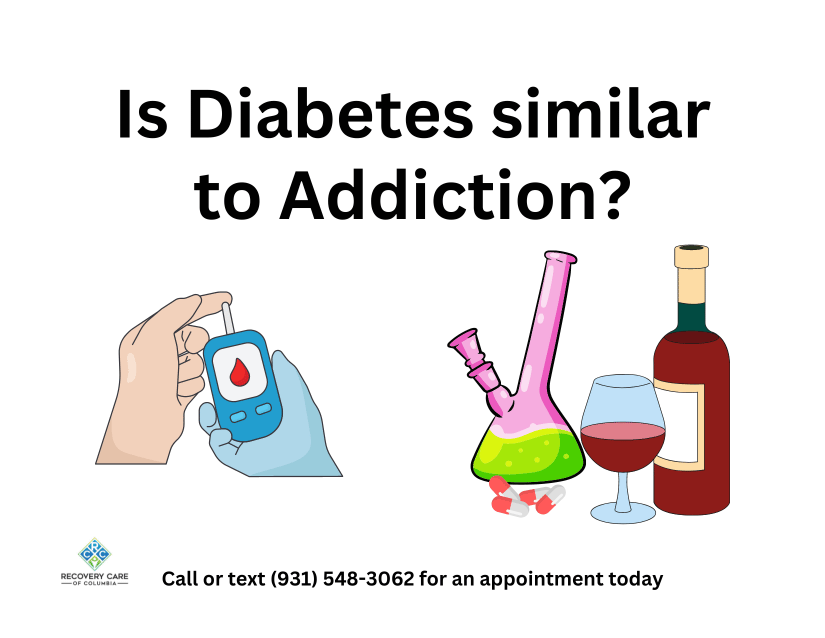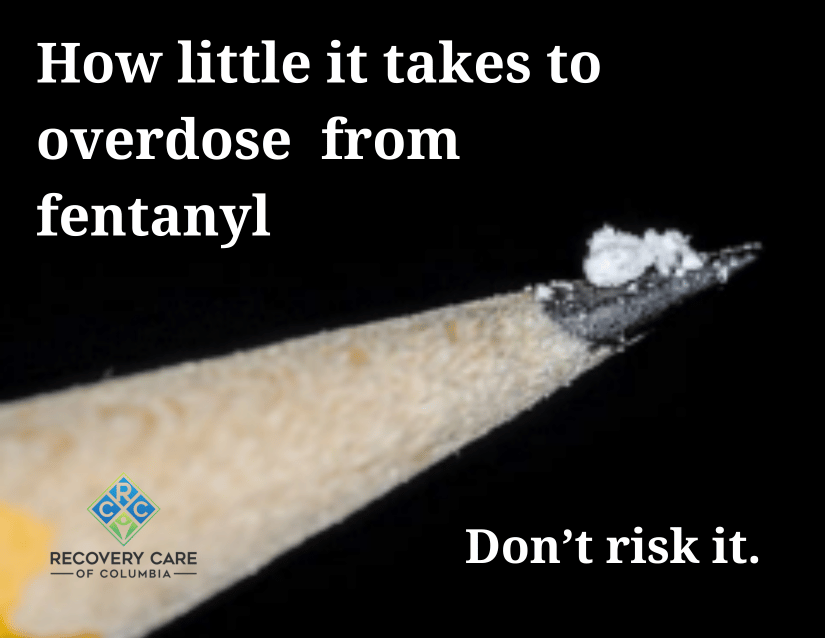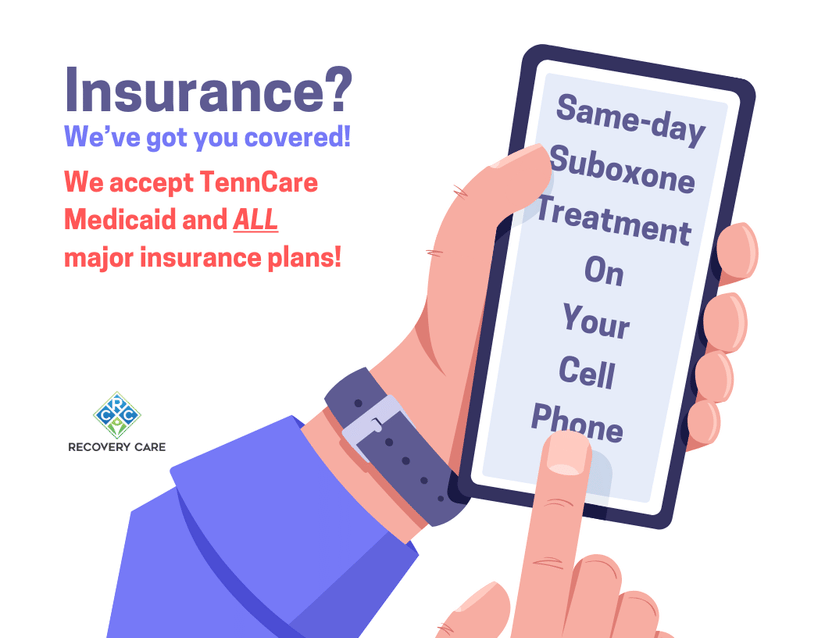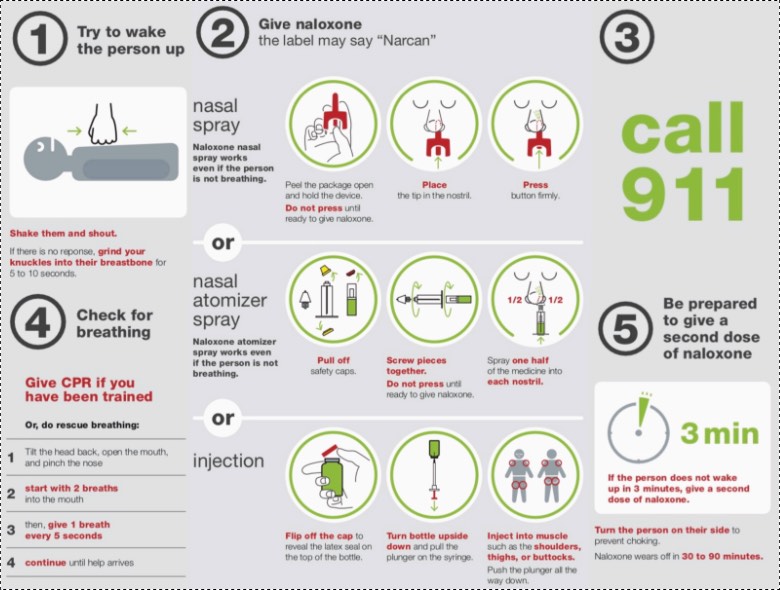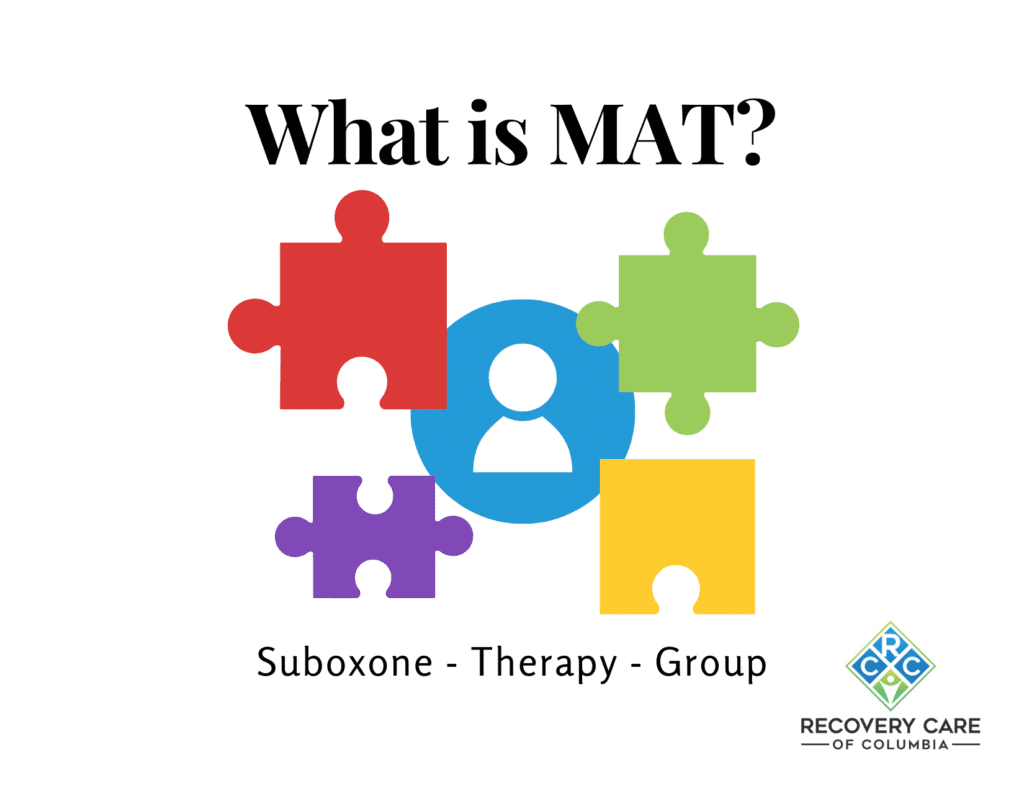Opioid Addiction: A Manufactured Crisis
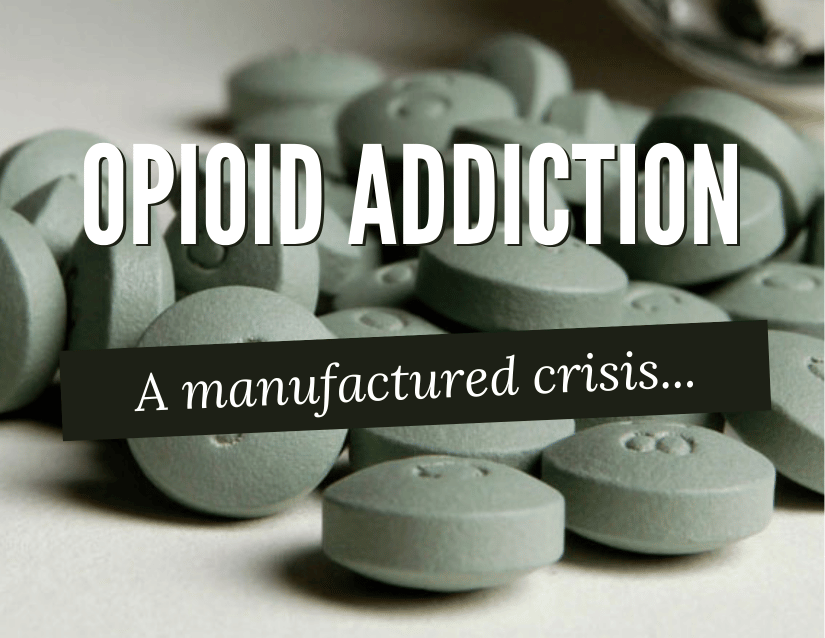
The opioid addiction crisis in the United States is an ongoing tragedy that has left a trail of devastation in its wake. What began as a seemingly innocent solution to pain management has evolved into a full-blown epidemic, claiming lives and tearing apart families and communities across the nation. From rural towns to bustling cities, no corner of America has been left untouched by the scourge of opioids.
At the heart of the crisis lies the overprescription and widespread availability of opioid medications. Initially falsely marketed as a miracle solution for chronic pain, drugs like oxycodone, hydrocodone, and fentanyl flooded the market, prescribed by well-intentioned physicians seeking to alleviate their patients’ suffering. However, the highly addictive nature of these substances soon became apparent, leading many individuals down a perilous path of dependence and addiction.
As prescription opioid use soared, so too did rates of addiction and overdose. According to the National Institute on Drug Abuse, more than 70,000 Americans died from drug overdoses in 2019 alone, with opioids accounting for the majority of these fatalities. Behind these staggering statistics are stories of loss and despair, as families grapple with the devastating consequences of addiction.
One of the most insidious aspects of the opioid crisis is its indiscriminate nature. Addiction knows no bounds, affecting people of all ages, races, and socioeconomic backgrounds. From teenagers experimenting with prescription painkillers to elderly patients grappling with chronic pain, no one is immune to the allure of opioids.
Moreover, the stigma surrounding addiction often prevents individuals from seeking help, compounding the problem and perpetuating a cycle of suffering.
In recent years, efforts to combat the opioid crisis have gained momentum, as policymakers, healthcare providers, and community organizations work tirelessly to address the root causes of addiction and improve access to treatment and support services.
Initiatives such as prescription drug monitoring programs, which aim to track and regulate the prescribing of controlled substances, have shown promise in curbing the misuse of opioids.
Additionally, there has been a growing recognition of the importance of holistic approaches to pain management, including alternative therapies such as physical therapy, acupuncture, and mindfulness-based interventions. By offering patients a range of non-opioid treatment options, healthcare providers can help reduce the reliance on addictive medications while still effectively managing pain.
Furthermore, the expansion of medication-assisted treatment (MAT) programs has provided hope for those struggling with opioid addiction. MAT combines FDA-approved medications such as Suboxone (buprenorphine and naltrexone) with counseling and behavioral therapies, offering a comprehensive approach to recovery.
By addressing both the physical and psychological aspects of addiction, MAT has been shown to significantly improve outcomes for individuals seeking to overcome opioid dependence.
Recovery Care of Columbia is a Tennessee licensed Medication-Assisted Treatment facility providing both in-clinic and telemedicine treatment for opioid addiction.
Click this link if you’re ready to begin a Suboxone Telemedicine Program.
Despite these efforts, the opioid crisis continues to pose a formidable challenge to public health and safety. The COVID-19 pandemic has further exacerbated the situation, leading to disruptions in treatment services and exacerbating feelings of isolation and despair among those struggling with addiction.
Addiction and isolation go hand-in-hand. Opioids provide a euphoric experience for the user, providing temporary emotional releif from loneliness and separation. Group recovery communities like Alcoholics Anonymous and Narcotics Anonymous provide an essential art of a whole recovery program, as well as provide a sense of community and belonging.
Find a group recovery meeting near you
As such, a concerted and multifaceted approach is needed to stem the tide of the opioid epidemic and support those affected by it.
The opioid crisis represents one of the most pressing public health challenges of our time. It is a complex and multifaceted issue that requires a comprehensive response from all sectors of society.
By addressing the root causes of addiction, improving access to treatment and support services, and reducing the stigma surrounding substance use disorders, MAT clinics like Recovery Care of Columbia work towards a future where all individuals have the opportunity to live healthy, fulfilling lives free from the grip of opioids.
If you live in the state of Tennessee and are ready to overcome your addiction to opioids, join Recovery Care’s TennCare Suboxone Telemedicine Program for all of Tennessee.
No matter your drug of choice (hydrocodone, oxycodone, fentanyl, OxyContin, Opana, Percocet, hydromorphone, heroin) we can help take you off of dangerous opioids and transform your life. We provide a simple, step-by-step program that virtually eliminates opioid withdrawal and cravings.
Start today. Feel better tomorrow.
We can’t wait to meet you!
